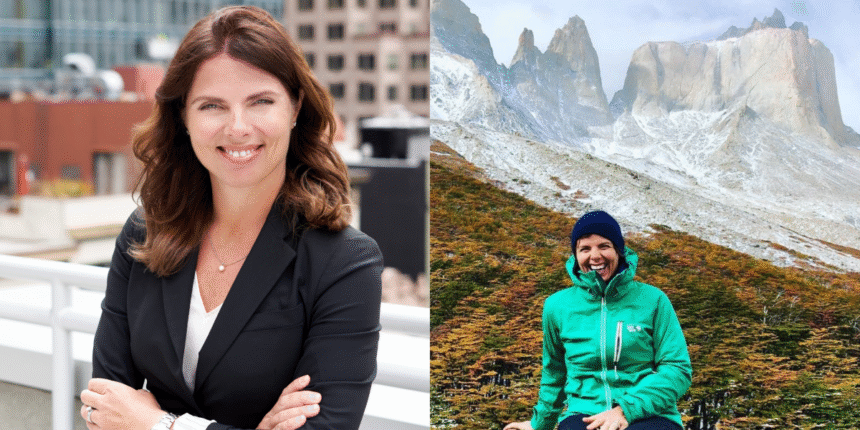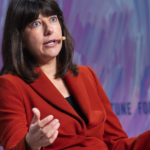Take Ania Smith, the CEO of Taskrabbit, for example.
Despite the stigma that often surrounds résumé gaps, Smith scored a promotion on her return–and has since seen her career go from strength to strength. And the 50-year-old chief tells Fortune that it’s largely down to the big reset the year abroad gave her—and importantly, her marriage.
After all, how often do you get an entire year to break away from your routine and redefine your life?
However, Smith and her husband took the long days they had to themselves to enjoy Spanish lessons, horseback riding, languorous restaurant lunches, even trips to the cinema at 10 a.m. on a Tuesday if they felt like it.
“It was jarring, but it was also great,” she says, adding that for the first half of the year abroad, they crammed in too many activities and lessons (including dancing and photography). “We felt like we didn’t want to waste it—there’s a lot to learn and a lot to see.” But then came the realization that, they’d not actually given themselves the pause they needed.
“I think it’s really nice to also have the time to rethink what’s important to you,” she explains.
So for the second half of their gap year, they did exactly that. “We spent like five hours until we had to go pick up our children, having those types of conversations about, do we want to come back to live in the Bay Area? Do we want to move somewhere else? What would it be like to move to Park City and ski a lot more and work a lot less? Can we afford to do that?”
“We had all sorts of discussions about life, and had the time and space to do that. So by the time we did make a decision to come back and work in technology again, and to, in fact, come back to the Bay Area, it felt so right— and it felt so that this is very intentional.”
“But we did make some big changes,” she adds—one transformative change being how they divided the household chores.
Before the gap year, Smith says managing the household often fell on her shoulders, despite holding down an executive role at the time. “I was often the person who took care of all the doctors’ appointments for the kids, or the summer camps, or I would make sure that we had all the plans for the weekend.”
But without a daily 9-to-5 grind, the roles they’d automatically taken on when they became working parents quickly disappeared.
“Because neither one of us were working, we literally split responsibilities down the middle completely—and then when we moved back, that really stuck.”
“That has meant that it’s okay for me to have a more rigorous role at the moment, while he steps in and helps to manage the house,” she adds.
“And I’m not sure that we would have been able to do that without the experience we had in Argentina. It’s really hard to understand what it means to carry the mental load of running a house unless you have to do it yourself.”
Really, it wasn’t just a gap year—it was a reset that allowed them to rethink how they sustainably balance ambition and family life, instead of slipping into default modes. The bottom line, Smith says, is simple: “We can’t both be running a C-suite and running a house.”









